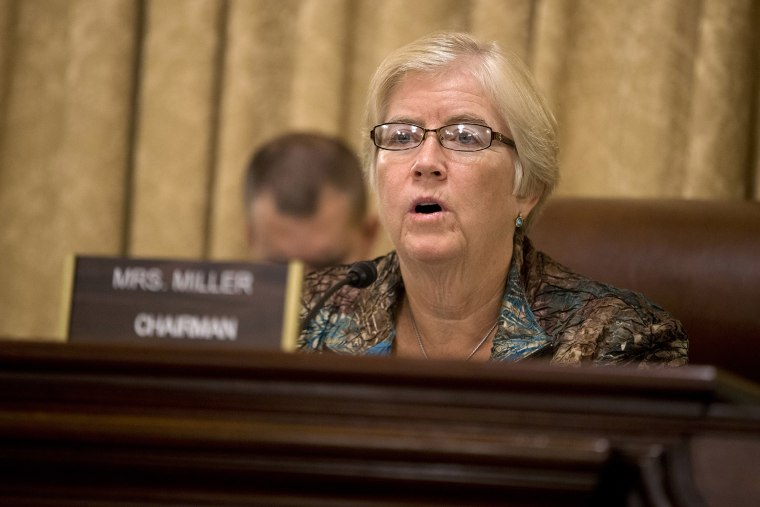Over the last month, we've been telling you about the tens of thousands of children coming alone across the southern border of the United States.
Since October, more than 47,000 children have reached the border, many of them fleeing brutal violence and extreme poverty in their home countries. As part of the Obama administration's effort to stem the tide of young people crossing the border, the United States is sending $255 million in aid money to the three countries of origin for most of the migrant children -- El Salvador, Honduras and Guatemala.
The money is intended to help return the children home, and assist those countries in ensuring their safety and security once they are resettled. But some opponents of the aid program have argued a better response to the surge in migrant children is punishment instead of protection.
Which is why my letter this week goes to one of the most vocal and influential of those voices--the Vice Chair of the House Homeland Security Committee.

Dear Rep. Candice Miller:
It's me, Melissa.
I think we can all agree that the sudden surge of unaccompanied children at the border is a complicated problem with no easy answers. But your suggestion that the United States try to solve it by cutting off aid to Central America makes me question whether you fully appreciate the nature of the problem itself.
This week, you issued a statement saying:
"We need to take some steps to protect America by getting our neighbor's attention. Instead of increasing funding by hundreds of millions, as the President has called for, we need to stop foreign aid to the Centrals -- immediately."
I'm wondering if maybe this is a case of how having only a hammer causes you to see only nails everywhere you look. Because it seems that your leadership positions on homeland and border security committees have limited the scope of your perspective on exactly what you are looking at when you see the children at our border.
According to a survey of migrant children from the U.N. Refugee Agency, nearly 60% of children they spoke with reported being "forcibly displaced because they suffered or faced harms that indicate a potential or actual need for international protection."
The countries that the children call home -- Honduras, El Salvador, Guatemala -- have some of the highest murder rates on the planet. Many of the children reported vulnerability to widespread gang violence in those countries as their primary reason for leaving. Some told stories about the everyday challenges of trying to avoid threats likes beatings, robberies, rapes, and murders -- and the inevitability of falling victim if they stayed.
From where I'm sitting, Rep. Miller, that isn't a matter of national security or immigration policy. That is a humanitarian crisis -- emphasis "humans" -- the thousands of children who are running for their lives. And they won't be made any safer by your proposal to use the United States' large footprint of influence in Central America to stomp their governments into submission.
There is no quick fix for the current challenges facing those governments--the political instability, the extreme poverty, the murderous gangs. These problems have been decades in the making, and are due in no small part to the United States' long history of intervention to advance our interests in Central America. And now the consequences of that involvement have reached our doorstep, demanding that we respond -- not to a problem in need of our punishment. But to people, children, who simply want to be safe.
Sincerely,
Melissa